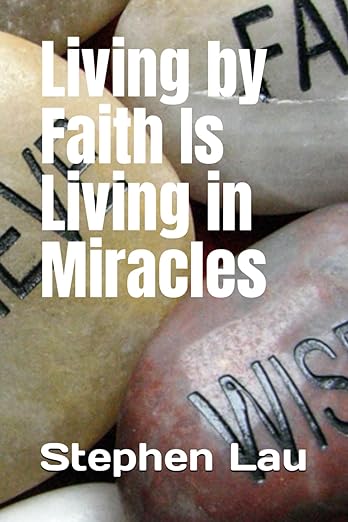Death empties anything and everything—that is, the ego and all its attachments to the material world. Emptiness is nothingness in which everything becomes nothing.
For all human efforts, death will come in the end, and this is the way of all flesh.
An illustration
Ernest Hemingway’s famous novel A Farewell to Arms may show you one perspective of death and emptiness:
“Once in camp I put a log on top of the fire and it was full of ants. As it commenced to burn, the ants swarmed out and went first toward the center where the fire was; then turned back and ran toward the end. When there were enough on the end they fell off into the fire. Some got out, their bodies burnt and flattened, and went off not knowing where they were going. But most of them went toward the fire and then back toward the end and swarmed on the cool end and finally fell off into the fire. I remember thinking at the time that it was the end of the world and a splendid chance to be a messiah and lift the log off the fire and throw it out where the ants could get off onto the ground. But I did not do anything but threw a tin cup of water on the log, so that I would have the cup empty to put whiskey in before I added water to it. I think the cup of water on the burning log only steamed the ants.”
The hero in the story was observing how the ants were swarming back and forth on a log on top of a fire in a futile attempt at survival—just like God watching over mankind’s stubborn struggle to refuse letting go of the impermanent in the material world. Instead of acting as a messiah to help the ants, the hero simply emptied a tin cup of water so that he could have his own whiskey.
The hero’s attitude to death is also a reflection of the author’s own perspective of man’s ultimate fate: death happens no matter how hard one strives to avoid it, and anything and everything then simply become nothing.
Sadly and tragically, author Ernest Hemingway—essentially an atheist, although initially a Catholic—shot himself with a gun when he realized that anything and everything in his life were really nothing after all in spite of all his accomplishments. With his perspective of nothingness, he had lost hope of human existence, including his own.
Another illustration
Francis of Assisi, the Italian Saint who chose a life of poverty in spite of his family’s wealth, said on his deathbed: “Death will open the door of life.” He died gracefully, while singing.
To Francis, death or emptiness is everything. Maybe for a believer, death is, indeed, a triumph, a meaningful exodus from this mundane world to the eternal world beyond. The emptiness is just a rite of passage to everything.
Revelation
For a non-believer, life may have little meaning at all, when the end is near, because everything will become nothingness when death strikes in the end. Without God, Hemmingway viewed life as everything is nothing, despite all his fame and accomplishments, and he thus killed himself.
For a believer, the nothingness brought by death may then become everything in the life to come, and that explains why Francis of Assisi was singing on his deathbed.
So, there're only two options. If you're a believer, you could sing with joy while lying on your deathbed, just like St. Francis of Assisi. If you are an unbeliever, you would just pass away and become nothingness, just like Ernest Hemingway.
So, now that the end is near it may also be the right time to be spiritual, and to become a true believer. But how to become a believer?
Angry No More: A new book on how to control and eradicate your anger.
Stephen Lau
Copyright© by Stephen Lau


No comments:
Post a Comment